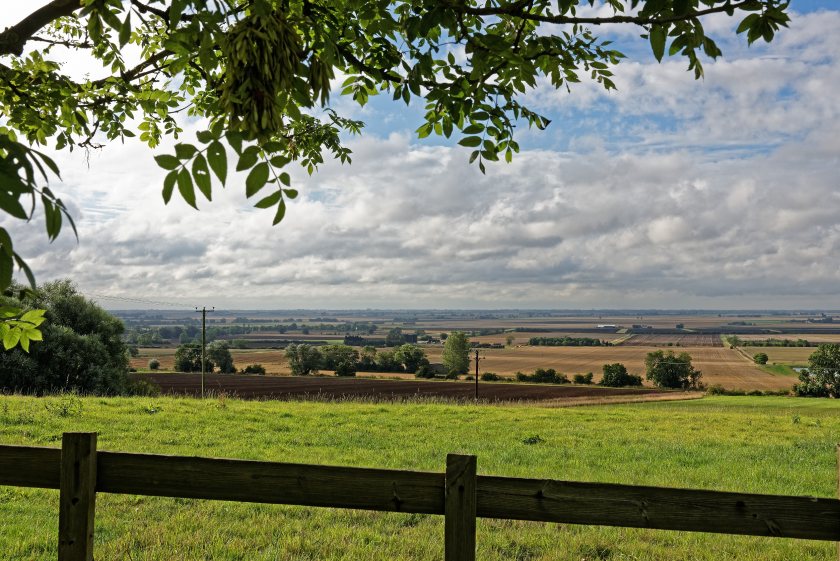
Inheritance tax changes and reductions in agricultural and business property relief (APR and BPR) will affect 'many more' farms than the government suggests.
This is according to the Central Association of Agricultural Valuers (CAAV), which argues that the government’s reasoning to justify the changes is based on 'misunderstood and partial data'.
From April 2026, APR and BPR rules will be changed, resulting in a 100% relief on the first £1m of assets and then 50% relief on assets after that, equating to an effective tax rate of 20%.
In simple terms, where land, dwellings, machinery, animals and other assets are worth in excess of £1 million, there will be a £200,000 tax levy owed.
“That is a lot to pay, even if its spread over 10 years that is as much as many farms make in profit over 10 years, precluding important investment,” said Jeremy Moody, secretary of CAAV.
“These changes will affect many more family farms than the government suggests and will do so when farming needs its resources to meet the new policies, to invest and adapt to advancing climate change."
CAAV, a specialist professional body representing, qualifying and briefing some 3,000 farmers and land managers, says the change will result 'large losses' to farming.
The government argues that only a quarter of farms- the wealthiest quarter - will be affected by these budgetary changes. However, CAAV says the existing tax data contradicts this argument.
Firstly, it says this is only based on APR claims which understates the effects, and takes no account of the farm’s machinery, livestock, working capital or other business assets, which include diversified business activities that support the farm and the rural economy.
Secondly, CAAV claims it is not an assessment of farms, but rather of private possession of agricultural land.
Mr Moody warned: “If farmland has to be sold, the increased capital gains tax rate will mean more acres must go, reducing the farm’s production capacity and its ability to meet its overheads.
The focal point of the budget, in CAAV’s opinion, was the £25 billion increase in employers’ National Insurance, which in turn, increases the cost of employing staff, especially lower paid and part-time workers.
“The whole food chain will now be less able to invest and take on new hires, with anyone earning even £9,100 costing at least £615 more," he said.
"This will be particularly felt in many of the labour-intensive sectors of farming like dairy, pigs, poultry fruit, vegetables and horticulture."
